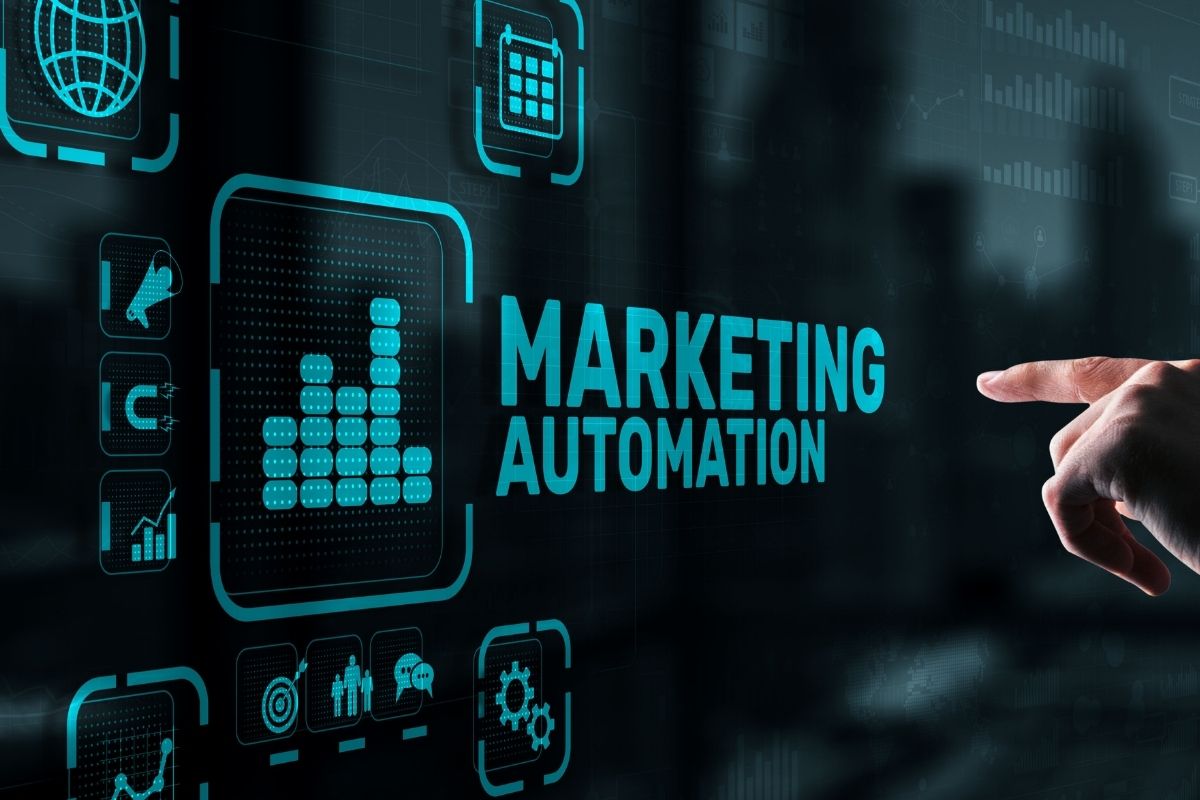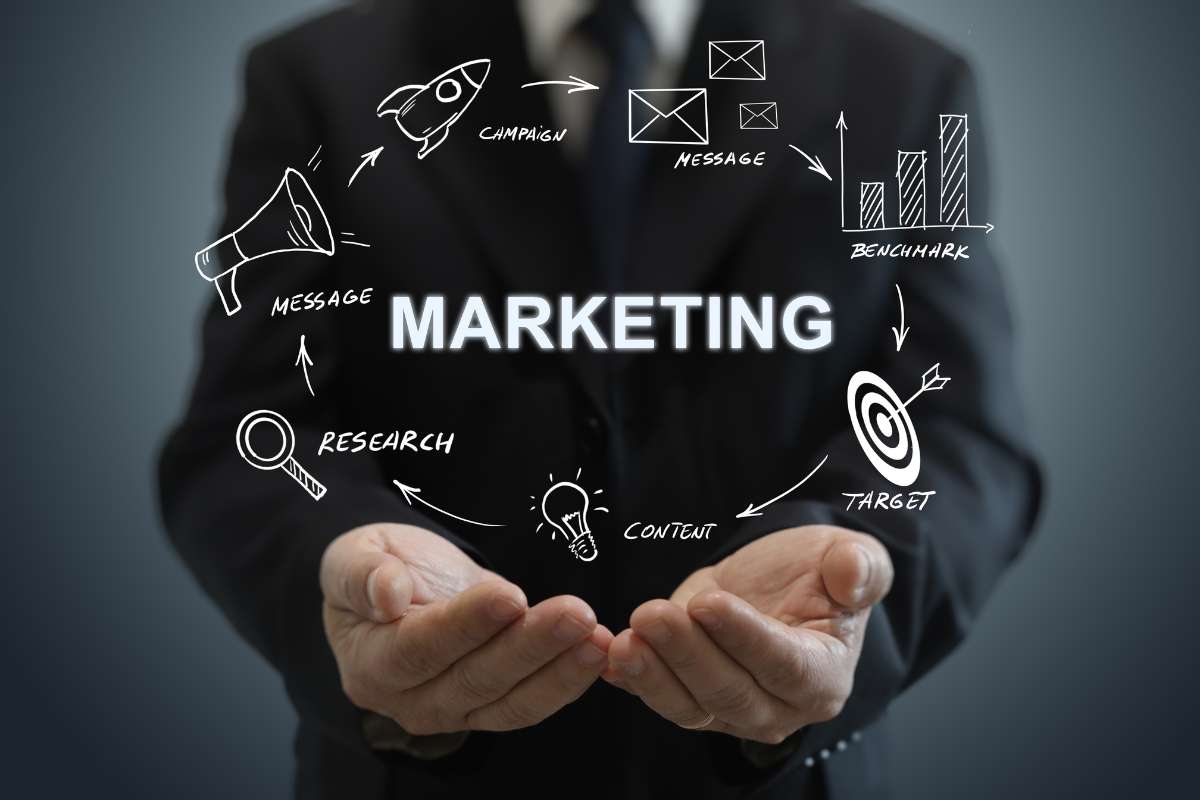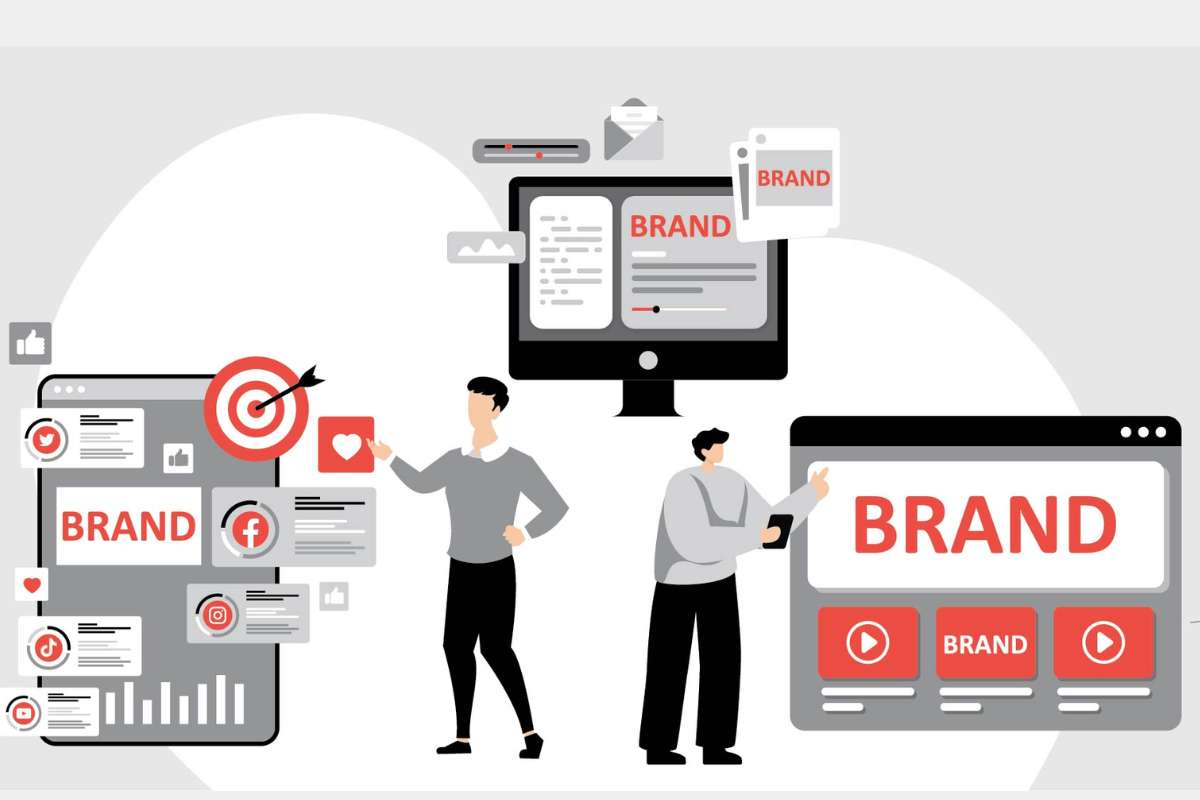In today’s fast-paced digital landscape, businesses need to be more efficient and effective in their marketing efforts. One of the best ways to achieve this is by utilizing marketing automation tools. These tools not only save time and resources but also enhance the overall effectiveness of marketing campaigns. In this article, we’ll explore the various facets of marketing automation, including its benefits, popular tools, and best practices for implementation.
Understanding Marketing Automation
Marketing automation refers to the use of software platforms and technologies to automate repetitive marketing tasks. These tasks may include email marketing, social media posting, lead generation, and customer segmentation. By utilizing marketing automation tools, businesses can manage their marketing campaigns more efficiently and gain valuable insights into their performance.
The Benefits of Marketing Automation

- Time Savings: One of the primary advantages of utilizing marketing automation tools is the significant time savings they offer. By automating routine tasks, marketers can focus on strategic initiatives and creative aspects of their campaigns.
- Improved Accuracy: Automation reduces the chances of human error. With marketing automation, tasks such as email segmentation and scheduling are performed with precision, ensuring that messages reach the right audience at the right time.
- Enhanced Customer Experience: Personalized marketing is essential for attracting and retaining customers. By utilizing marketing automation tools, businesses can create targeted campaigns based on user behavior and preferences, leading to improved customer satisfaction.
- Better Analytics and Reporting: Most marketing automation tools come with advanced analytics features. This allows businesses to track campaign performance, measure ROI, and make data-driven decisions. Understanding which strategies work best helps marketers refine their efforts over time.
- Scalability: As businesses grow, their marketing efforts often need to scale as well. Utilizing marketing automation tools allows companies to efficiently manage larger volumes of leads and customer interactions without significantly increasing their workload.
Popular Marketing Automation Tools
There are several marketing automation tools available in the market, each offering unique features and capabilities. Here are some of the most widely used tools that can help businesses effectively streamline their marketing efforts:

- HubSpot: HubSpot is an all-in-one marketing platform that offers tools for email marketing, social media management, lead generation, and analytics. Its user-friendly interface and comprehensive features make it a popular choice for businesses of all sizes.
- Mailchimp: Originally known for its email marketing capabilities, Mailchimp has expanded to include automation features. Businesses can create automated email campaigns based on user behavior, segment audiences, and analyze performance through detailed reports.
- Marketo: Marketo, now part of Adobe, is a powerful marketing automation platform designed for large enterprises. It offers advanced features for lead management, email marketing, and analytics, making it suitable for organizations with complex marketing needs.
- ActiveCampaign: ActiveCampaign focuses on email marketing and customer relationship management (CRM). Its automation capabilities allow users to create personalized customer journeys and optimize their marketing campaigns.
- Pardot: Pardot, owned by Salesforce, is designed for B2B marketing automation. It offers tools for lead nurturing, scoring, and analytics, helping businesses align their marketing and sales efforts more effectively.
Best Practices for Implementing Marketing Automation
While utilizing marketing automation tools can significantly enhance marketing efforts, success depends on how well these tools are implemented. Here are some best practices to consider:

- Define Your Goals: Before implementing any automation tool, it’s crucial to define clear marketing objectives. Whether it’s increasing lead generation, improving customer retention, or enhancing brand awareness, having specific goals will guide your automation strategy.
- Segment Your Audience: One of the key advantages of utilizing marketing automation tools is the ability to segment your audience based on various criteria such as demographics, behavior, and engagement levels. This ensures that your marketing messages are relevant and personalized, leading to higher engagement rates.
- Create Valuable Content: Content is at the heart of any marketing campaign. When setting up automation, ensure that you’re providing value through your content. Whether it’s educational articles, how-to guides, or promotional offers, valuable content will engage your audience and drive conversions.
- Test and Optimize: Continuous testing and optimization are essential for effective marketing automation. Regularly analyze your campaigns to identify what’s working and what’s not. A/B testing different elements of your campaigns, such as subject lines or call-to-action buttons, can provide valuable insights for improvement.
- Integrate with Other Tools: To maximize the benefits of utilizing marketing automation tools, integrate them with other systems, such as CRM software and analytics platforms. This allows for seamless data flow between tools, enabling a more comprehensive view of your marketing performance.
Conclusion
In conclusion, utilizing marketing automation tools can transform how businesses approach their marketing strategies. By automating repetitive tasks, companies can save time, improve accuracy, and deliver personalized experiences to their customers. With the right tools and best practices in place, organizations can streamline their marketing efforts, ultimately leading to increased efficiency and better results. As technology continues to evolve, staying ahead of the curve with marketing automation will be key to maintaining a competitive edge in the market. Embrace these tools today and watch your marketing efforts soar to new heights.
Did you find this article helpful? Visit more of our blogs! Visionary CIOs


















